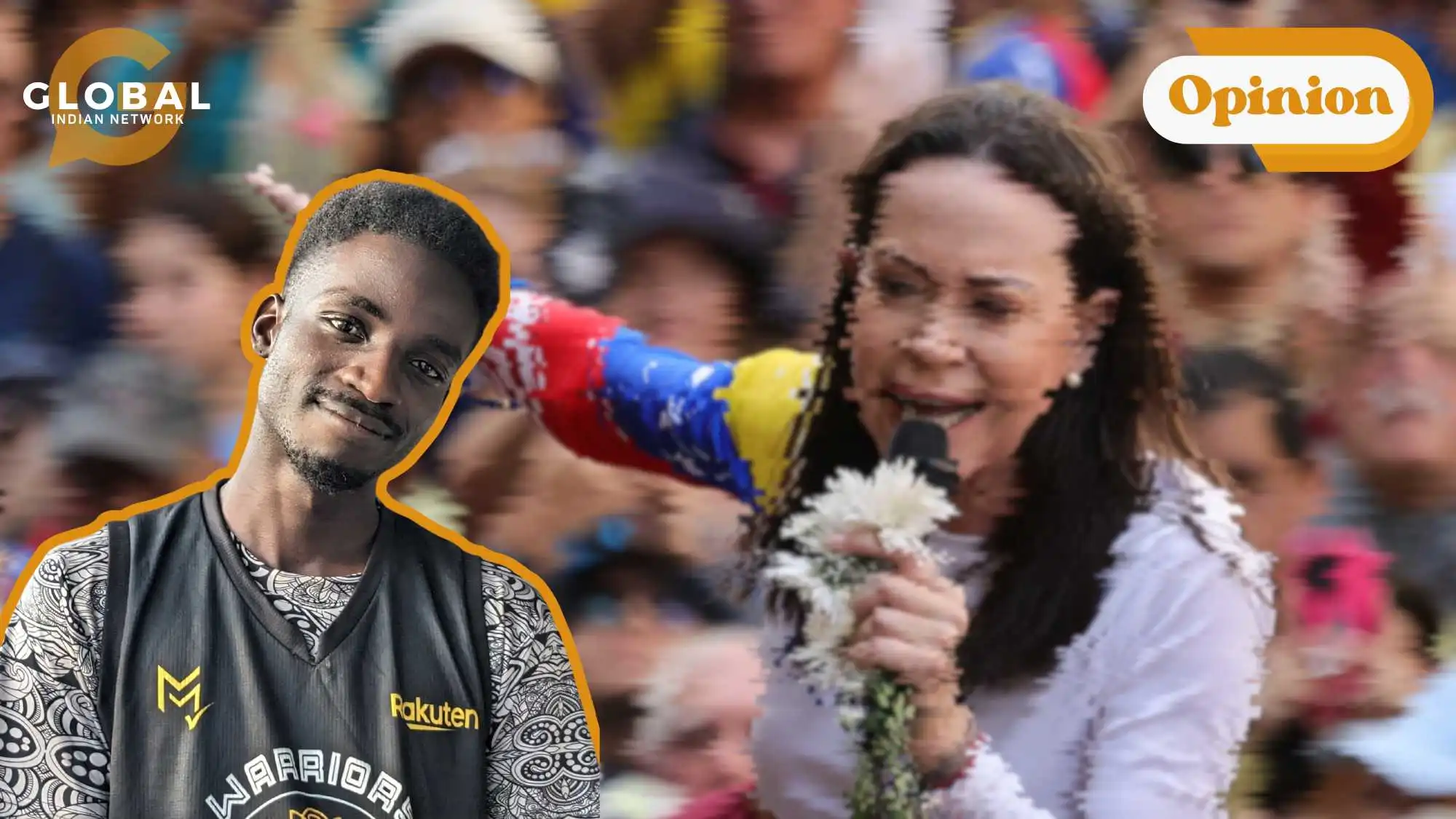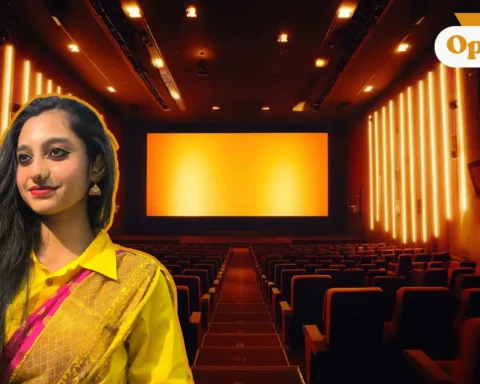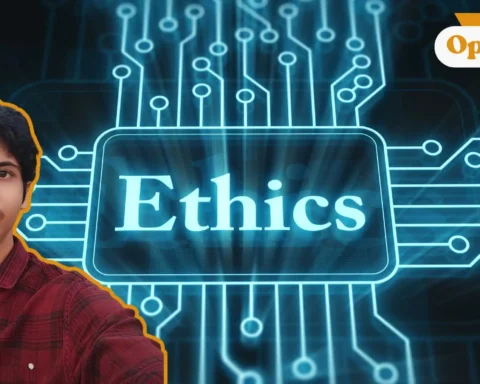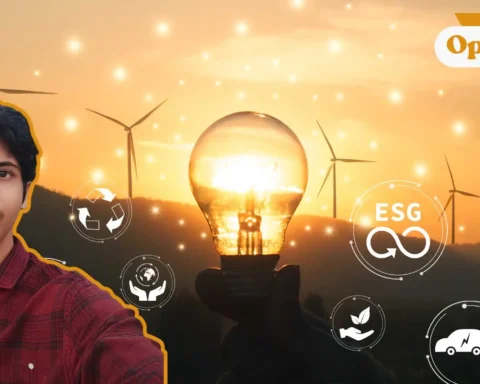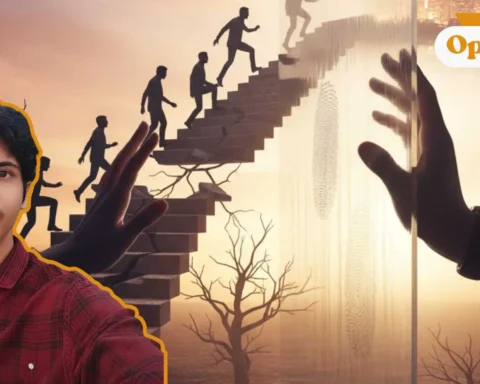On October 10th, 2025, the Nobel Foundation awarded Venezuelan opposition leader Maria Corina Machado with the Nobel Peace Prize. Public reception to Machado’s winning of one of the most prestigious awards on the planet has been mixed. Many have celebrated the acknowledgement of Machado, who has over the past two decades advocated for voter transparency and been the opposition of the authoritarian Nicolas Maduro, who currently holds office in Venezuela.
On the surface, the image of a woman activist standing up to a practical dictatorship whilst championing for free and fair elections, but upon closer inspection, Machado’s politics and alliances seem to contradict the pillars upon which peace is defined. In this article, we will interrogate the different facets of Maria Corina Machado’s activism and, more importantly, what her claim to one of the highest international civilian honours says about us as a global society.
Maria Coarina Machado: The Good
Machado was born in the capital of Venezuela, Caracas, to a psychologist and businessman father. Her patrilineal lineage is one filled with notable people in Venezuela’s history, going back to the eighteenth century. After her education, where she earned a Bachelor’s in Industrial Engineering and a Master’s in Finance, Machado crossed the Atlantic to Spain, where she worked in the auto industry in Valencia. After returning to Venezuela in the early nineties, Machado dove straight into philanthropy, founding the Fundación Atenea (Atenea Foundation), a foundation using private donations to care for orphaned and delinquent Caracas street children; she also served as chair of the Oportunitas Foundation.
A decade later, when populist leader Hugo Chavez sought to change the constitution, which would see the presidential terms extended from five years to six, Machado founded Sumate, a civilian volunteer organisation that described itself as a vote and election monitoring group.
“Something clicked,” said Machado when discussing the formation of Sumate. “I had this unsettling feeling that I could not stay at home and watch the country get polarized and collapse … We had to keep the electoral process but change the course, to give Venezuelans the chance to count ourselves, to dissipate tensions before they built up. It was a choice of ballots over bullets.”
With Sumate, Machado led a petition to recall President Chávez in a referendum in 2004. After the referendum results showed electors voted not to recall President Hugo Chávez, members of Súmate, including Machado, were charged with treason and conspiracy, under Article 132 of the Penal Code, for receiving financial support for their activities from the U.S. National Endowment for Democracy (NED). This was an early instance of her facing a degree of reprimand; the trial was suspended indefinitely in 2006, making it effectively dismissed.
Despite early deterrence, Machado continued to be a thorn in the side of Venezuela’s ruling party as it worked to consolidate power into the 2010s. When Nicolas Maduro succeeded Chavez after his death, Machado confronted and critiqued him from the onset. This coincided with her own blossoming political career, albeit a short-lived one, where she was dubiously removed from the National Assembly two years later in 2014, after winning her seat by the highest vote count in the nation. This led to Machado transitioning to activism for nearly a decade before being completely barred from electoral politics in 2024 altogether, the year she had declared her candidacy for president.
So far, Machado’s life and career have been characterised by overt opposition to the Venezuelan government, first under the populist Chavez and then by the authoritarian Maduro, both of whom worked to consolidate power in the executive branch of government. It was this reputation that built Machado’s standing as a beacon of democratic defiance in Latin America. But is this a fair assessment of Machado’s politics?

Maria Corina Machado: The Ugly
International headlines and discourse in 2025 have had one recurring theme: Gaza. Considering all that has happened this year, from armed conflict between two nuclear powers (India and Pakistan), constitutional violations, and subsequent protests in the United States, the situation (to use the term loosely) in Gaza has consistently remained in the news cycle, albeit with varying degrees of attention ascribed to it by various networks.
Whilst many hold polarising views over the conflict (if one may call it that), Israel is one of the strongest militaries with what many consider the most advanced intelligence agencies on the planet. Several scholars and institutions have settled on describing it as a genocide culminating in the International Criminal Court issuing an arrest warrant for the Israeli Prime Minister Benjamin Netanyahu, citing crimes against humanity.
For many in the world, this is not a controversial stand. The genocide of the Palestinian people is one that has been live-streamed to our phones; the murder of journalists, healthcare workers, children, and people seeking aid is one that has been well documented. If there were ever a list of nation-states in violation of peace in 2025, Israel would be towards the top end of that list.
It then becomes cause célèbre to see someone heralded as an advocate for democracy align herself with the architect of a genocide. A stance that she has maintained since at least 2020. It is also worth noting that though the large-scale destruction (and consequently mainstream coverage) of Gaza and the West Bank may have started in 2023, the occupation of Palestine goes back several decades.
Machado’s association with questionable figures does not end with Netanyahu, as she’s also called Trump a visionary. An almost comedically ironic matter, as the woman who is heralded for being a bastion of democracy thinks Trump, who refused to concede a loss in the democratic election in 2020, inciting riots at the US Capitol, is a visionary. Trump has been ruled by several judges to make decisions that are unconstitutional. Machado went as far as to dedicate her winning the Nobel Prize to the United States president.
Machado has also called for military intervention in Venezuela by the United States and has also endorsed the latter’s military presence in South American waters. This entirely contradicts the notion of peace, not to mention that the United States has one of the worst track records when it comes to military interventions. Most recently, the United States military pulled out of Afghanistan, leading to the Taliban occupying the power vacuum they left. Machado being awarded the Nobel Peace Prize as she advocates for and supports imperialist regimes is an oxymoron at best.
Conclusion: The Redefining of Peace
At the time of writing this article (October 2025), much of the world is at varying degrees of unrest, from the soft stripping off of free speech to outright genocide. However, the voice and microphones are at the lips of those detached from it. The Nobel Foundation’s decision to award the Peace Prize to someone whom we can concede is at strife with an authoritative regime but aligns with the biggest aggressors is, to put it kindly, folly.
Throughout the year, we have seen several journalists risk life and limb to report in Palestine. Many others in places less covered have also strived for peace. Machado’s nomination and subsequent win underscore an uncomfortable truth. We do not, as a global society, know what true peace is. When the potential victims are from a foreign land speaking in a foreign language, their peace is of less relevance to us. We have redefined the meaning of peace to include the few and, in the process, stripped many of their humanity.

Let us know your thoughts. If you have burning thoughts or opinions to express, please feel free to reach out to us at larra@globalindiannetwork.com.




